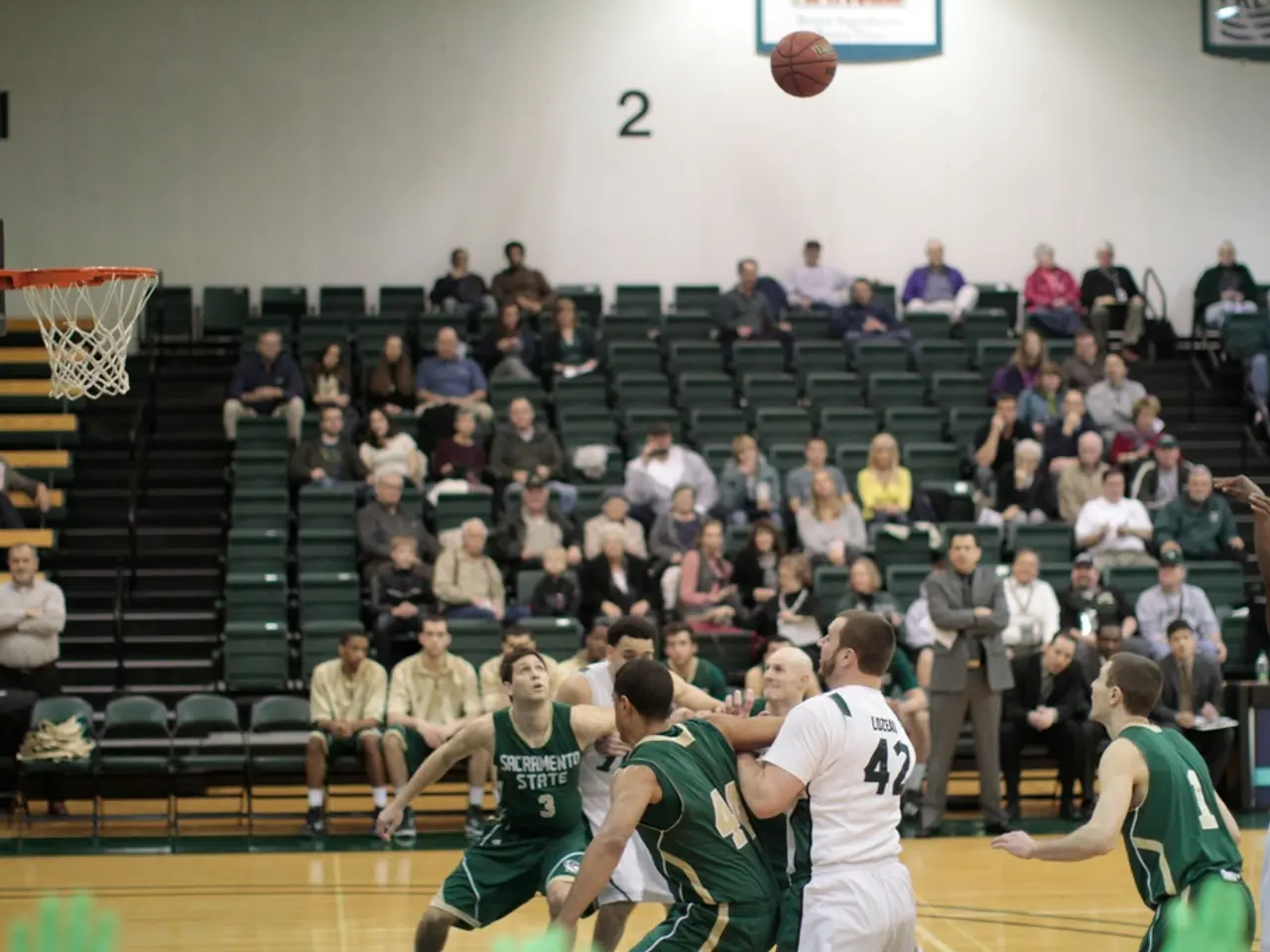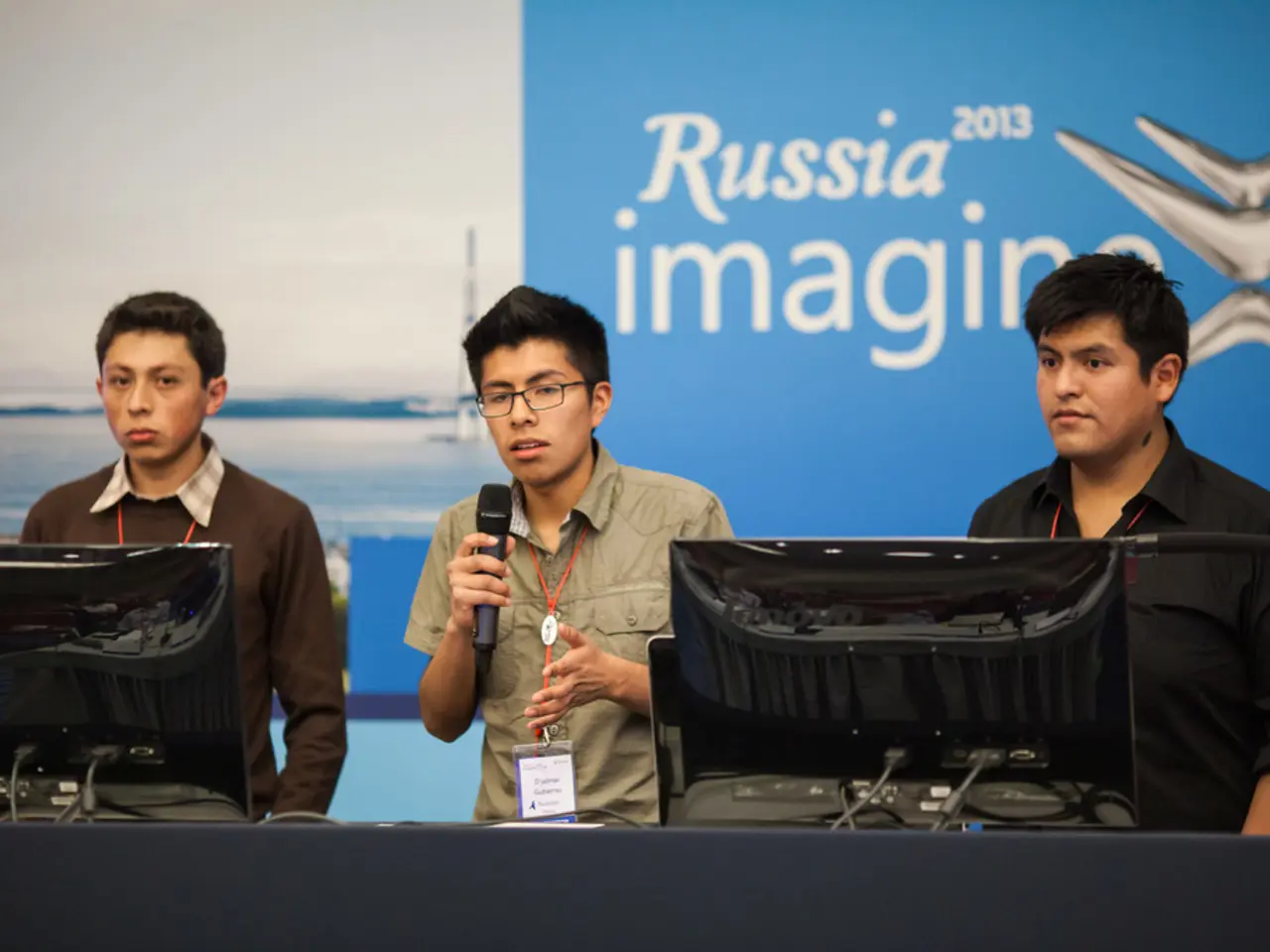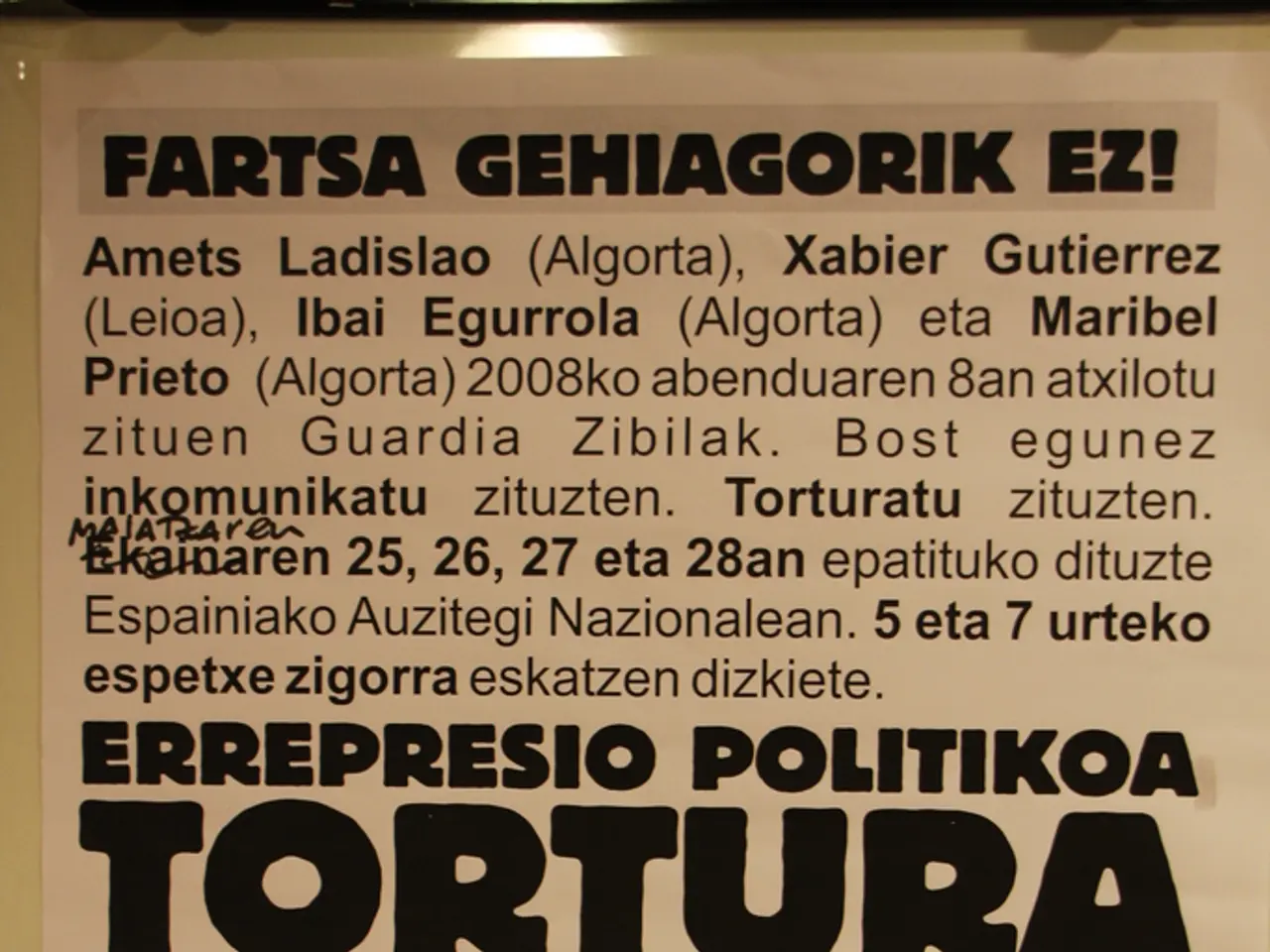Benfica manager's perspective: Our team wouldn't be participating in the Super Bowl if I were in charge.
In the upcoming October elections for the presidency of Benfica, Mauro Xavier, the author of the book "Our Shirt - Paths to the Future," is considering a potential candidacy. The author, who has expressed dissatisfaction with the current management of the club, particularly Rui Costa, due to the failure of his sports project, has also proposed several reforms in Portuguese football.
One of the key areas of concern for Xavier is the functioning of sports justice in Portugal. He criticizes clubs that resort to outside of sports justice, as Sporting has done, and suggests that such clubs should lose points. This criticism is backed by examples like João Palhinha and Paulinho, where Sporting appealed to civil courts to avoid the application of sanctions.
Xavier is also critical of the preparation for the new season, particularly the scheduling of the Super Cup, as it gives Sporting a month and a half of preparation while Benfica has only 15 days. He believes that Benfica made a planning and strategy error by accepting the July 31 date.
In terms of Benfica's future, Xavier emphasizes the importance of a "solid project" and a climate of "union among the members." He believes that the club needs new leadership and has proposed several reforms in the book, including the reformulation of national competitions.
The author's stance on running for the presidency has changed over time. Eight or nine months ago, he was less inclined to do so, but he is now more inclined to take up the challenge. However, he expresses doubts about the union among candidates in the upcoming elections.
Xavier is pleased that André Villas-Boas defended the extinction of the League Cup due to the current game load, especially for clubs involved in European competitions. He proposes the end of the League Cup, citing the need to reduce the game load for clubs.
The author asserts that the essential is in the ideas, not the people, in the discussion at Benfica. He criticizes the focus on people and argues that the club should focus more on the ideas that can drive its success.
An independent body is proposed to ensure transparency and impartiality in sports justice, a move that could help restore trust among fans and participants. This body would oversee disciplinary actions and help ensure fairness and consistency in rulings.
These reforms, if implemented, could bring significant changes to Portuguese football, particularly in the way sports justice is handled and the scheduling of major competitions. The elections for the Benfica presidency are expected to be a hotly contested race, with Xavier's potential candidacy adding another layer of intrigue.
Mauro Xavier, in his proposed reforms for Portuguese football, has expressed his interest in the functioning of European football leagues, specifically the Premier League, given his desire for a "solid project" at Benfica. He also voices his concern about clubs, such as Sporting, appealing to civil courts to avoid sanctions, suggesting that such clubs should facepoints deductions in line with sports justice regulations. Furthermore, Xavier advocates for the end of the League Cup, viewing it as a means to reduce the game load for clubs involved in European competitions.







